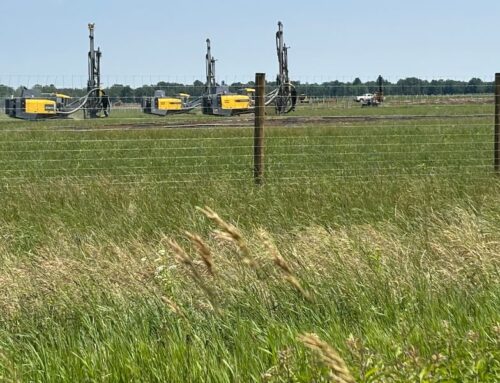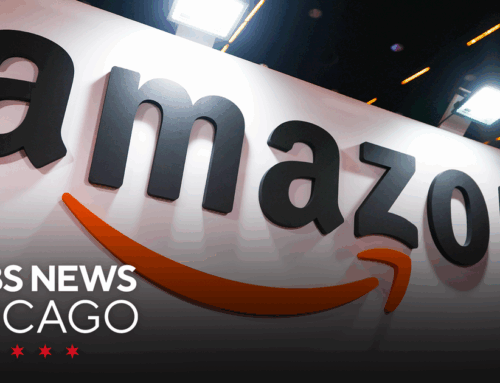Global Business Leaders Stand Firm in the Move Toward Renewable Resources
September 24, 2025
Ghosh, who also serves as a special envoy of South Asia for COP30 climate negotiations, made the comments during a panel discussion about clean energy innovation at the TIME100 Climate Leadership Forum on September 24 in New York City.
Ghosh was joined on stage by two other business leaders: Andrew Forrest, founder and executive chairman of Fortescue, a sponsor of the event, and Jon Creyts, CEO of the Rocky Mountain Institute, a think tank that studies climate solutions.
Forrest, a mining billionaire, argued that corporate leaders need to act quickly and immediately to transition to a new greener economy, and directly responded to President Trump’s U.N. comments on climate change by calling them “gobsmackingly illogical,” and inviting him to see the direct results of climate disasters in his home country of Australia.
“Come and dive on the largest reef systems in the world. Come up into the Indian Ocean, and dive on those islands and see the devastation,” Forrest said. “You’re causing real damage, President Trump, [with] this misleading of the American public…You’re causing real damage to the lives of very real families and communities all over the world.”
Forrest also discussed how Fortescue created a 246-ft. ammonia-powered ship, called the Green Pioneer, as a part of their campaign to drive emission cuts in the shipping industry. Fortescue brought the Green Pioneer to New York City for 2025 Climate Week, a move Forrest said was partly made to push back against North America’s resistance to his clean energy boat.
“Well, we’re going to sail this ship right into the lion’s den,” Forrest said.
The Green Pioneer is just one example of clean energy progress. Creyts noted that an “industrial sunbelt” is emerging around the world as a number of countries—from Australia to Brazil to Morrocco—are harnessing cheap solar power as they look to industrialize.
“Eighty percent of the world is still very much moving on the fast track toward clean energy, because it makes economic sense, because it makes sense from a resiliency perspective, because it makes sense from an employment and a job perspective. And ultimately it makes sense from an equity and inclusion perspective,” said Creyts. He shared examples of how clean energy has transformed lives around the world—from powering a farmer’s electric two-wheeler to providing a community with a local microgrid. “These are things that we can afford much more cheaply now, and that communities around the world are starting to benefit from at scale.”
And amid a fractured geopolitical environment, Ghosh said we need to be less reliant on fossil fuels. “The entire energy security architecture we have in the world is actually for the fuels of the past,” he said, referring to oil and gas. “What we need is an energy security architecture for the fuels of the future.”
The TIME100 Climate Leadership Forum was presented by AstraZeneca, Fortescue, and Official Timepiece Rolex.
Search
RECENT PRESS RELEASES
Related Post




